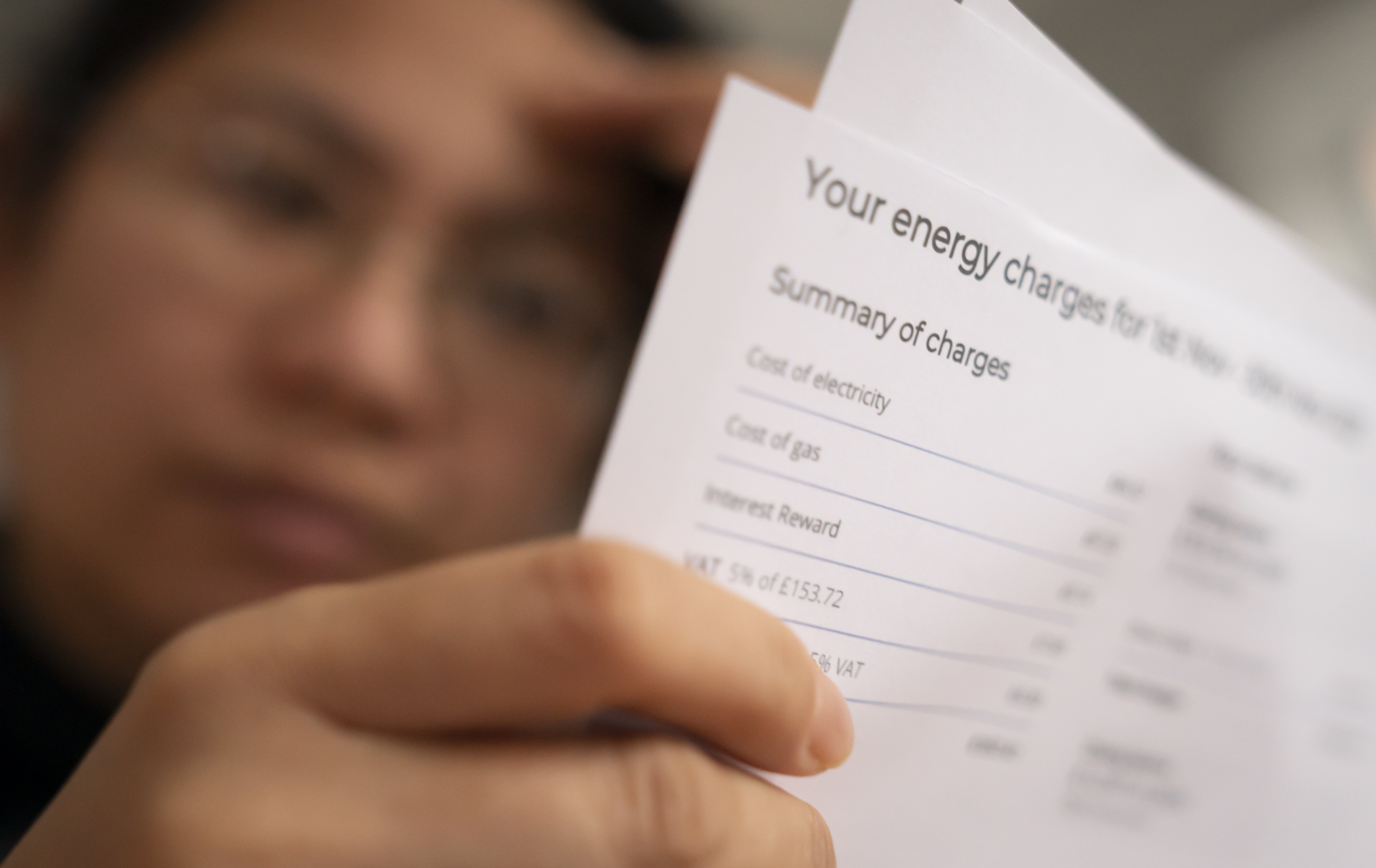How families can benefit from unclaimed £2bn help with water and broadband bills
Citizens Advice warns of ‘postcode lottery’ of support for low income families
Your support helps us to tell the story
From reproductive rights to climate change to Big Tech, The Independent is on the ground when the story is developing. Whether it's investigating the financials of Elon Musk's pro-Trump PAC or producing our latest documentary, 'The A Word', which shines a light on the American women fighting for reproductive rights, we know how important it is to parse out the facts from the messaging.
At such a critical moment in US history, we need reporters on the ground. Your donation allows us to keep sending journalists to speak to both sides of the story.
The Independent is trusted by Americans across the entire political spectrum. And unlike many other quality news outlets, we choose not to lock Americans out of our reporting and analysis with paywalls. We believe quality journalism should be available to everyone, paid for by those who can afford it.
Your support makes all the difference.Households are missing out on almost £2bn worth of support to pay their essential bills, a new report into social tariffs has found.
Citizens Advice found identical households are receiving “completely different” levels of support depending on where they live because of a lack of consistency and effort to promote social tariffs among water and broadband suppliers.
The tariffs allow people on certain benefits to access discounted services from water and broadband companies. But Citizens Advice has warned that the badly designed scheme only offers “patchwork” support depending on where customers live and many people don’t know how to access the help.
It said a low-income household could be missing out on an average saving of at least £350 a year - with £1.9bn sitting unclaimed across water and broadband schemes alone.
Every water company has a social tariff in place and customers can get in touch with their providers to see how they can qualify for support.
Citizens Advice said the government could take immediate action “without having to spend a penny” by ensuring suppliers proactively offer social tariffs to their low-income customers, aided by better data sharing between government departments and firms.
It has also called for an end to a postcode lottery for water and broadband social tariffs, making them consistent across markets in line with other schemes such as energy.
Citizens Advice found half of British adults – or 25 million people – cut back their spending on essential bills such as water, broadband, car insurance and energy in the last year.

Almost one in seven said they had stopped their spending or cut it back to a level that has had a detrimental impact on their lives, including people disconnecting from home broadband and relying on public WiFi instead, or cancelling car insurance and not being able to get to work.
An estimated 2.8 million households are expected to spend a fifth or more of their disposable income on water, energy and broadband costs over the next 12 months – a 27 per cent increase since 2021-22, according to research by the Institute for Public Policy Research (IPPR).
Citizens Advice said its frontline staff reported that many in need of support had no idea that social tariff schemes even existed, while those who were aware had encountered difficulties accessing them.
Citizens Advice chief executive Dame Clare Moriarty said: “Worrying numbers of people continue to be forced to take drastic measures, like cutting back their spending on water and energy, in the face of unmanageable essential costs.
“Social tariffs have a crucial role to play in shielding low-income households from unaffordable bills. But, for too long, people have been in the dark about extra financial support available to them, which could ultimately affect if someone keeps warm, or falls into debt on their water bill.
“Solutions to this are hiding in plain sight. Putting money back into the pockets of people who need it most starts with the government ending unfair postcode lotteries in social tariffs and putting the onus on suppliers to ensure that people are getting the help they’re entitled to.”
Henry Parkes, principal economist at the IPPR, said: “Growing numbers of households are spending inordinate amounts on the essentials, highlighting that although inflation may have slowed, higher prices are here to stay, with those on the lowest incomes squeezed the most.
“Alongside other bold policy action, effective social tariffs could make a real difference in tackling this crisis in living standards.”
Yonder surveyed 2,093 British adults between June 24-25.
Join our commenting forum
Join thought-provoking conversations, follow other Independent readers and see their replies
Comments